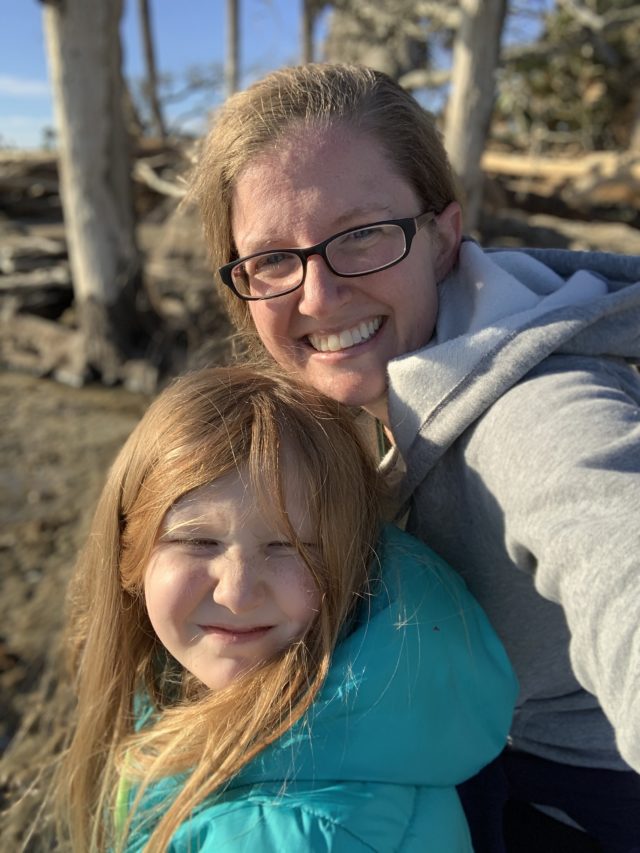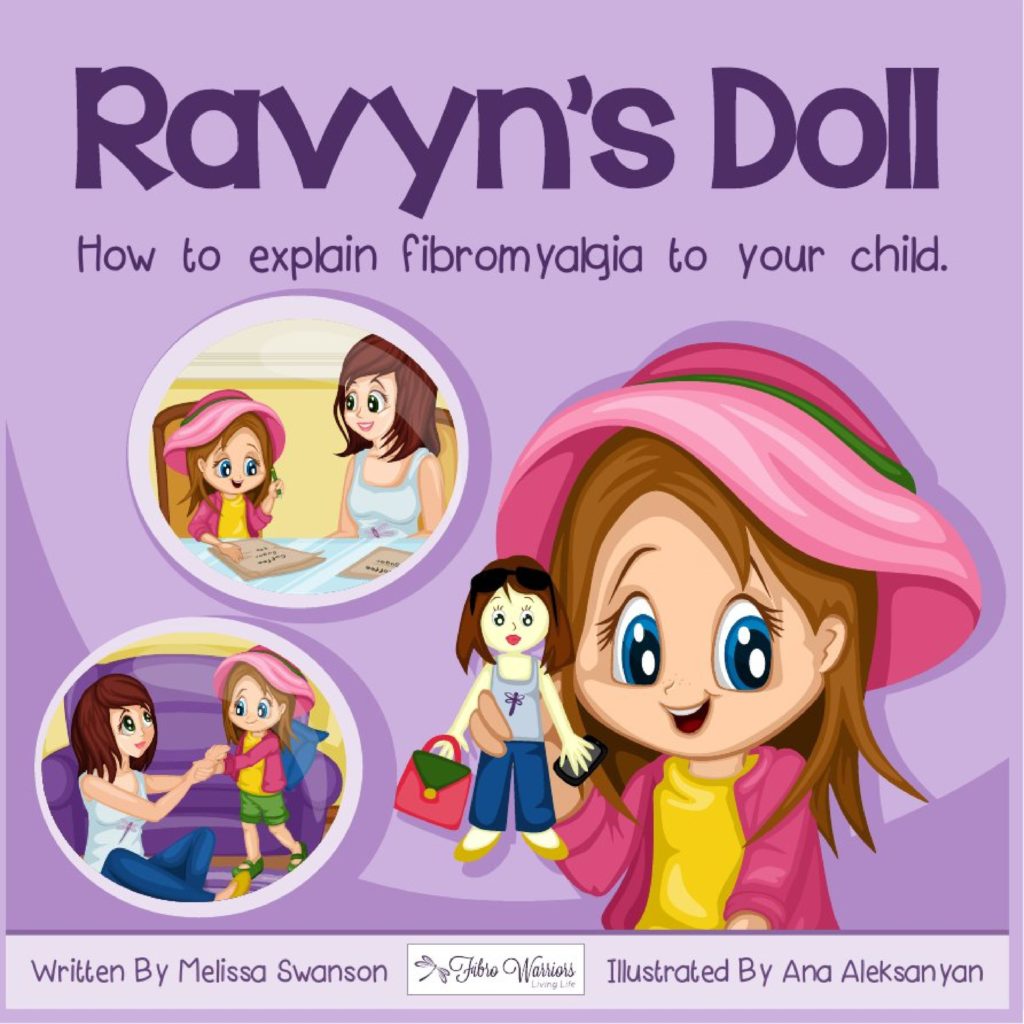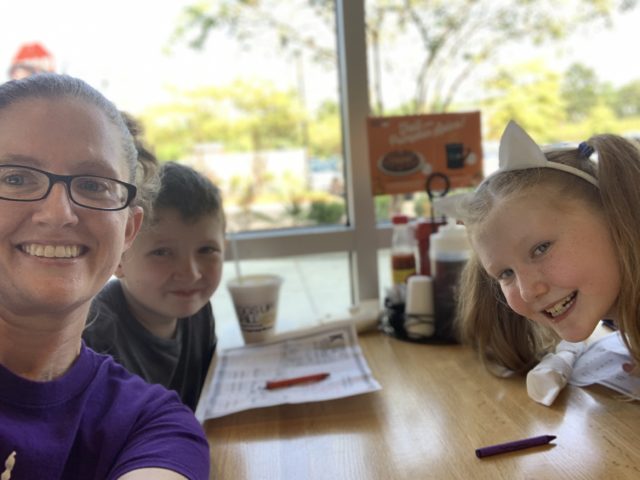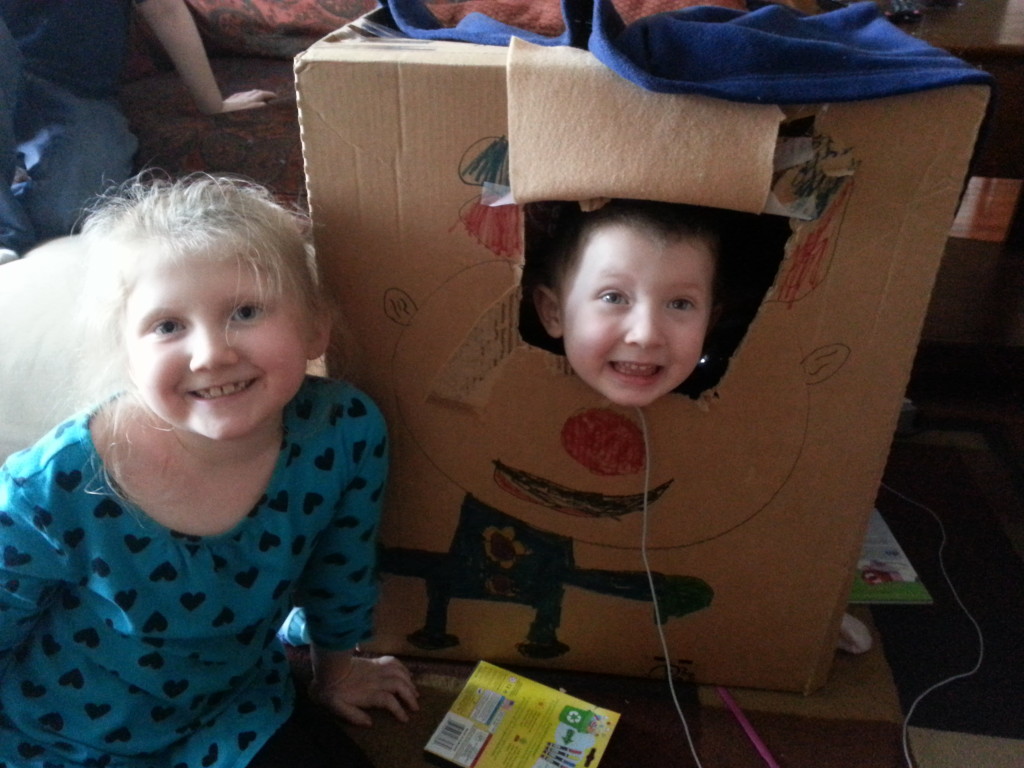No matter how young they are, your kids need to know about your condition of fibromyalgia and how they can help you with it, too. Here is what your kids need to know about your fibromyalgia and how they can help
Living with fibromyalgia can be challenging. Your whole lifestyle changes, such as your eating, activities, sleep, etc. It’s a hard adjustment to learn what is okay for your body and what is not OK and understand what causes your fibro flares and what prevents or eases them. And when these flares do strike, it’s hard to function, especially when you have little monsters children to care for.
With fibromyalgia, everything is trial and error. There are days when you feel well enough to get out of bed or off the couch. Going to the store or being social with friends is a significant accomplishment.

And then there are the down days where getting out of bed or off the couch requires too much energy, of which you have none. Going to the store? No, thanks. I’ll eat what I can find. Friends? I don’t want anyone seeing me this way.
It takes a lot of preparation, self-discipline, self-teaching, trial and error, and self-awareness when living with fibromyalgia. It can be draining to figure out the illness. But what about the others in your life? A large percentage of people living with fibromyalgia do not live alone. We have parents, caretakers, siblings, close friends, spouses, and kids.
KIDS?!
Yep. Kids. Those little people running your house make your life lovingly chaotic? They are the ones that demand just as much attention and care as your fibromyalgia.
This is when I’d like to give you the secret spell to making fibromyalgia and kids so easy to balance. Alas, there is no such spell, but there is a way to create balance. An additional way to cope with fibromyalgia and prepare for the not-so-good days is by telling your kids about your illness.
A word of caution here: do not give them all the details. Give them the basics and explain them in a way they can understand.
10 Tips when Talking to Kids About Fibromyalgia
#1 Avoid using big, confusing words they may not understand, such as fibromyalgia, chronic pain, fatigue, or digestive issues. Break it down into terms they know and are familiar with. Also, consider their age. Older kids can readily understand being exhausted or having stomach discomfort. For younger kids, use phrases like ‘being sleepy/tired a lot’ or ‘having an upset tummy’.
#2 Give a quick summary of the illness. Fibromyalgia is overwhelming with how much the condition affects the body and all it encompasses. Keep it brief and explain more as they ask questions. You’re starting the dialogue, but let them guide it with their questions. The book Ravyn’s Doll: How to Explain Fibromyalgia to Your Child is a great way to do this. There is even a coloring book to go along with the story. Color and talk about it as you go!

#3 Embrace them while you talk. Kids need to feel loved when talking about something important because they may have unknown or big feelings about it. Body language is essential when discussing a serious subject; hugging during this time will help them feel less scared.
#4 Kids sometimes feel at fault for the way their parents think. Let them know they did not cause your condition and are in no way to be blamed for how you feel. Yes, you’re tired, but that is not because of them or what they have done/are doing.
#5 Ensure they understand you have good and bad days, just as they do. Tell them your bad days are when you are more tired than usual or have an upset tummy. Remember—keep it simple and let them ask questions if they need more understanding of your words.
Download a FREE copy of the Fibromyalgia Parenting Strategy Guide

#6. Let them know you love them regardless of your illness. Tell them your love and the love you have for them are what help you feel better. Ensure they know your love does not lessen on your bad days.
#7 Let them know they can help. Kids love to help others. It gives them a sense of independence. There is more further down on how they can help.
#8 Explain to them how hugs can sometimes hurt. Show them how to give gentle hugs and touches so they don’t hurt you, but you can still provide them with love, and they give you love. This is important. We don’t want our kids to be scared to touch or hug us.
#9 We will inevitably have flares in our symptoms, so we must have our flare kit. But it’s also vital that the kit includes a box of goodies for them. This helps them feel included on your bad days and gives them attention while you get the rest you need. More on that further down.
#10 Lastly, ask them what concerns and questions they have about your illness. They may have asked questions throughout your conversation, but ask if there are any more. Conclude by letting them know they can ask questions whenever they are confused or want to learn more about your feelings.

How Kids Can Help Fibromyalgia Parents
Kids love to be helpers, so allowing your kids to be involved with the solution will make them feel included and important. Some ways your kids can help with your fibromyalgia are (grab free fun printable chore charts):
- picking up their toys
- putting away the clean silverware
- vacuuming (for older kids)
- sweeping
- putting dirty clothes in the laundry basket
Ask them how they want to help the family, too. This will give them a chance to feel heard and included.
Flare Day List of Activities
Making a flare day list of unique activities can be fun for the kids and a great way to make the flares a bit more manageable when caring for your kids.
Activities include:
- special movies and snacks
- board games
- crayons with coloring books
- mystery box with little toys from Dollar Tree
Ensure your activities:
- do not require your every second watchful eye (this is based on age; babies and toddlers should always be watched)
- no mess to clean
- are unique activities that are only done on flare days (it keeps them unique and interesting)
- quiet and peaceful

Do not limit this conversation to your kids. Include all those close to you and that you would like to have in your support system. Again, avoid the big words and keep to the essential parts.
Living with fibromyalgia can be a very private matter, and telling others about your condition can make you feel vulnerable; however, telling those close to you about the basics of the illness and its unpredictability will most likely grow as well as strengthen your support system.
Join the Fibromyalgia Parenting Group
The Fibro Parenting group is for any parent or guardian looking for support while parenting with fibromyalgia. Fibromyalgia is an intrusive illness that can be complicated enough to care for without the added stress of parenting. However, YOU ARE NOT ALONE! There are so many others battling fibromyalgia and trying to be the best parent/guardian we can be.


Thanks for sharing such a thought provoking post:)
Thank you for reading! I hope that it helps someone you know. Have a great weekend!
Really great tips and it is such a hard subject to explain to kids.
It is difficult to explain, but I hope my tips will help with that conversation. Have a great weekend!
I have a couple friends that have fibro, I don’t have it but I do have some chronic conditions of my own, Autoimmune Hepatitis and Graves Disease. Life with chronic conditions and fatigue can be very hard and people don’t always understand. Thanks for this post!
People do not understand, but it’s up to us living with the conditions to spread the understanding, awareness, and knowledge to everyone. Thank you for reading! Have a great weekend!
That must be so hard! I can’t even imagine.
It is which is one of the reasons I have become much more reliant and dependent on my spiritual side.
Pingback: sensory overload and fibromyalgia
Thanks for linking up to the Pinterest Love weekend Pin-It Party!!